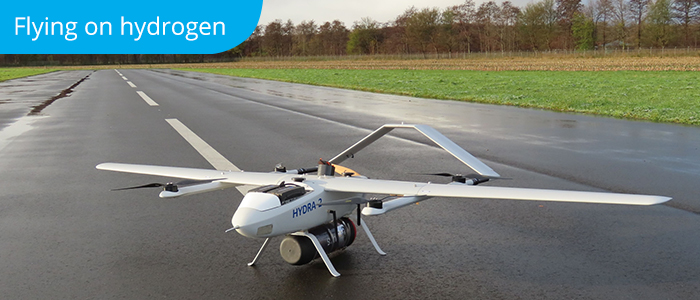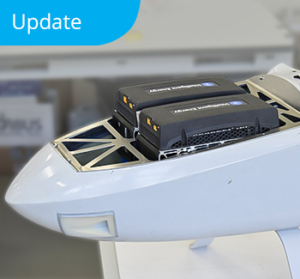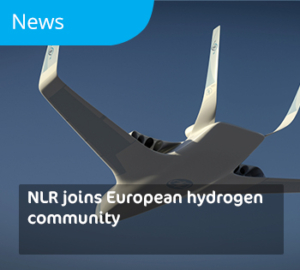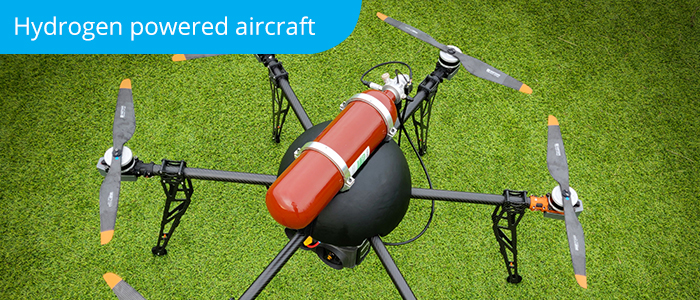Flying on hydrogen
Although the use of hydrogen has been employed widely in other industries for many years, the introduction of hydrogen on board aircraft is a major technical challenge, not to mention the tremendous certification effort that’s required. It has a significant impact on the aircraft architecture, powertrain components and operations, as well as on the ground infrastructure.
Hydrogen as a fuel is considered to be an important route towards future sustainable aviation. When produced from green energy sources, hydrogen delivers zero CO2 emissions – only water vapour. Hydrogen is a lightweight fuel with a 3-4 times higher energy density than kerosene. It can be stored in tanks both in gaseous and liquid form. It can be burned in conventional combustion engines, as well as transferred highly efficiently into electric power with fuel cells, as an alternative to batteries.
Flying on hydrogen is at the core of the NLR strategy, research and projects
- First flights with GH2-drone (gaseous hydrogen) accomplished
- First flight with LH2-drone (liquid hydrogen) planned for 2023
- NLR Pipistrel electric research aircraft to become LH2 manned demonstrator
- NLR covers full spectrum: technology, impact assessments, regulatory aspects, certification, training
- Strong cross-sectoral cooperation
Royal NLR is member of the Hydrogen Europe Research organisation. This places NLR at the heart of the European ecosystem that aims to realise the EU’s hydrogen strategy through innovation. An indispensable step on the road to climate-neutral aviation.




